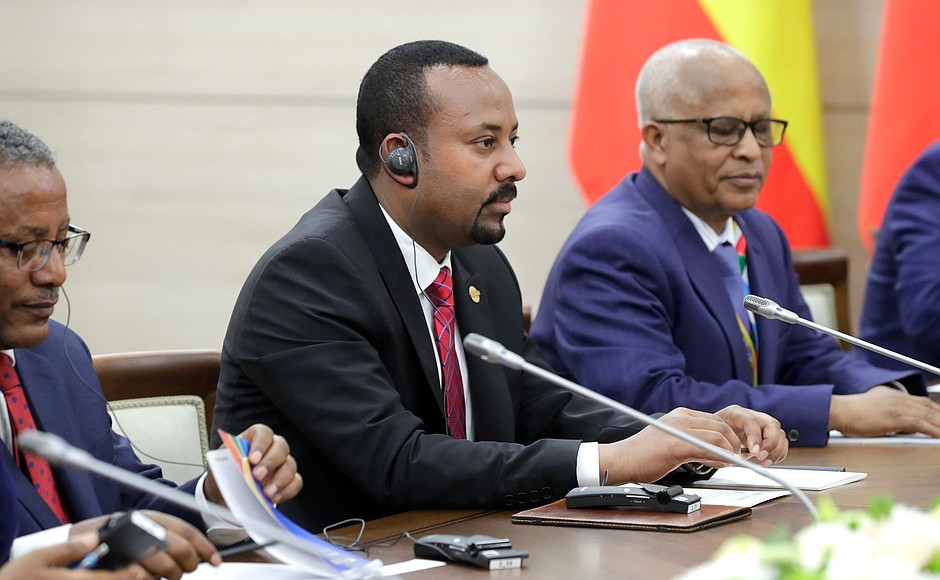
Human Rights Watch (HRW) has condemned Ethiopia’s government-imposed shutdown of internet and phone services in western Oromia as it has caused significant difficulty in monitoring outbreaks of the disease and providing adequate support.
In their statement they note;
“The government’s refusal to restore phone and network access makes it likely that key information is not reaching everyone, including those vital to control efforts in western Oromia —health care workers and humanitarian organisations".
Ethiopia had its first outbreak of coronavirus on 13 March in Western Oromia; prior to this, Ethiopia’s military had fought against a rebel force in the region. This conflict has left access to healthcare severely limited, especially in rural areas.
HRW has praised Ethiopian Prime Minister Abiy Ahmed for ensuring “the Ministry of Health provides regular updates, added sign language to its promotional materials, and appealed for calm following reports of discrimination and harassment of foreigners”. However maintained the importance of providing transparency and ending the internet and phone service blackout.
Read HRW statement here.
We need your support
Sri Lanka is one of the most dangerous places in the world to be a journalist. Tamil journalists are particularly at threat, with at least 41 media workers known to have been killed by the Sri Lankan state or its paramilitaries during and after the armed conflict.
Despite the risks, our team on the ground remain committed to providing detailed and accurate reporting of developments in the Tamil homeland, across the island and around the world, as well as providing expert analysis and insight from the Tamil point of view
We need your support in keeping our journalism going. Support our work today.
For more ways to donate visit https://donate.tamilguardian.com.

